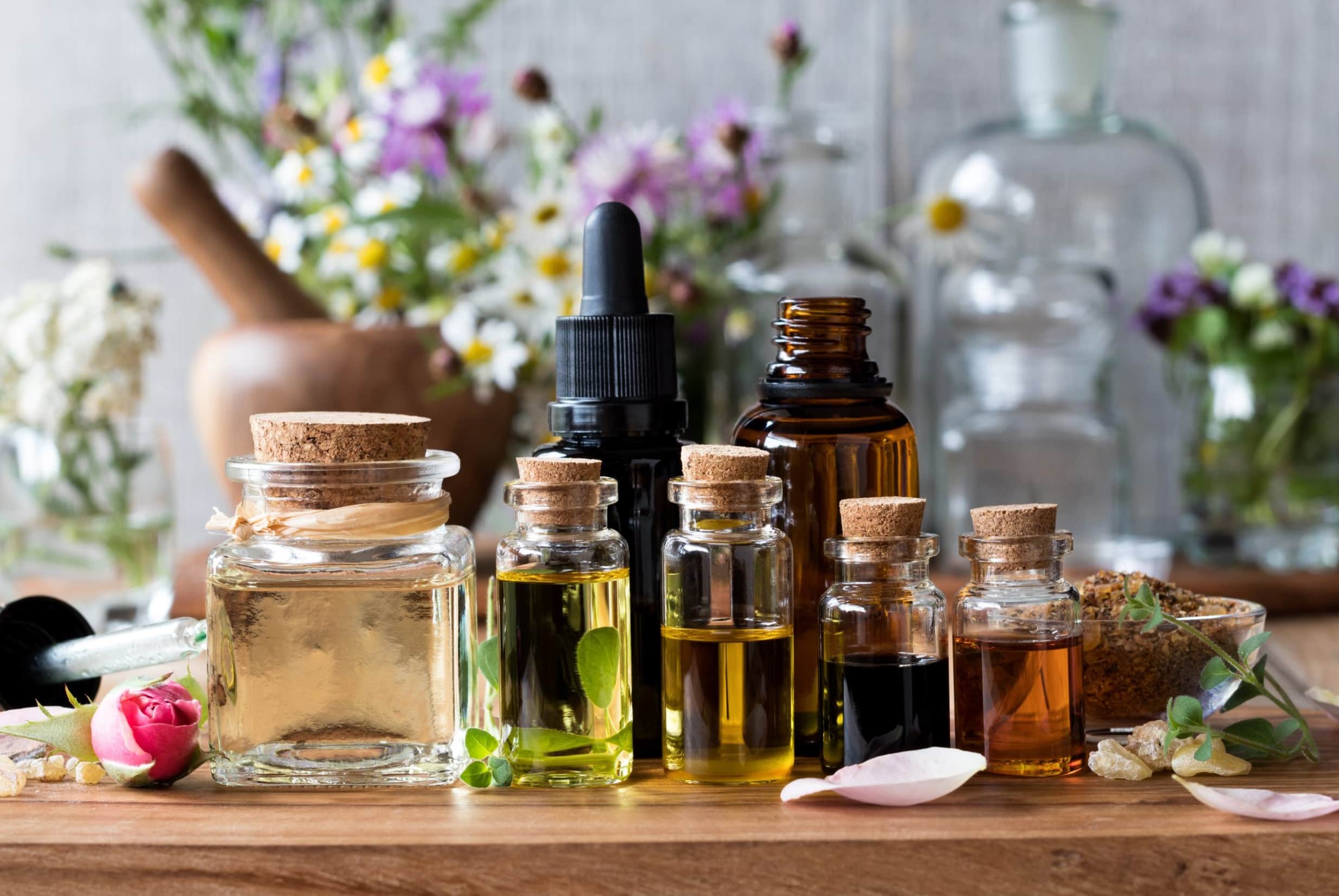
Aromatherapy is more than just pleasant scents wafting through the air. It's a practice that dates back thousands of years, used by ancient civilizations for healing and relaxation. But what exactly makes aromatherapy so special? Essential oils play a crucial role, extracted from plants and used to improve physical and emotional well-being. These oils can be inhaled, applied to the skin, or even added to baths. From lavender's calming effects to peppermint's invigorating properties, each oil offers unique benefits. Curious about how aromatherapy can enhance your life? Let's dive into 21 fascinating facts that will deepen your understanding of this ancient yet modern practice.
What is Aromatherapy?
Aromatherapy uses essential oils from plants to improve physical and mental well-being. These oils can be inhaled, applied to the skin, or sometimes ingested. Let's dive into some fascinating facts about this ancient practice.
-
Ancient Origins: Aromatherapy dates back over 6,000 years. Egyptians used essential oils for medicinal and cosmetic purposes.
-
Essential Oils: These oils are extracted from various parts of plants, including flowers, leaves, bark, and roots.
-
Holistic Healing: Aromatherapy is considered a holistic treatment, addressing the mind, body, and spirit.
Benefits of Aromatherapy
Aromatherapy offers numerous benefits, from stress relief to improved sleep. Here are some key advantages.
-
Stress Relief: Lavender oil is known for its calming effects, helping to reduce anxiety and stress.
-
Improved Sleep: Chamomile and lavender oils can promote better sleep by creating a relaxing environment.
-
Pain Management: Peppermint and eucalyptus oils are often used to alleviate headaches and muscle pain.
How Aromatherapy Works
Understanding how aromatherapy works can help you make the most of its benefits. The science behind it is both intriguing and complex.
-
Olfactory System: When inhaled, essential oils interact with the olfactory system, which is linked to the brain's limbic system, affecting emotions and memory.
-
Skin Absorption: Oils can be absorbed through the skin, entering the bloodstream and providing therapeutic effects.
-
Inhalation: Diffusers and steam inhalation are common methods to disperse essential oils into the air.
Popular Essential Oils
Different essential oils offer unique benefits. Here are some of the most popular ones and their uses.
-
Lavender: Known for its calming properties, lavender oil is often used to reduce stress and improve sleep.
-
Peppermint: This oil is invigorating and can help with headaches and digestive issues.
-
Eucalyptus: Often used in respiratory treatments, eucalyptus oil can help clear nasal congestion.
Safety and Precautions
While aromatherapy is generally safe, it's essential to use it correctly to avoid adverse effects.
-
Dilution: Essential oils should be diluted with a carrier oil before applying to the skin to prevent irritation.
-
Allergies: Always perform a patch test to check for allergic reactions.
-
Pregnancy: Some oils are not safe for pregnant women, so consult a healthcare provider before use.
Aromatherapy in Modern Medicine
Aromatherapy is increasingly being integrated into modern medical practices. Here’s how it’s being used today.
-
Hospitals: Some hospitals use aromatherapy to help patients manage pain and anxiety.
-
Mental Health: Therapists may incorporate essential oils into treatments for depression and anxiety.
-
Cancer Care: Aromatherapy can help alleviate symptoms like nausea and pain in cancer patients.
DIY Aromatherapy
Creating your own aromatherapy blends can be a fun and rewarding experience. Here are some tips to get started.
-
Basic Blends: Start with simple blends like lavender and chamomile for relaxation or peppermint and eucalyptus for energy.
-
Storage: Store essential oils in dark glass bottles to preserve their potency.
-
Recipes: There are countless recipes available online for making your own essential oil blends for various purposes.
Aromatherapy's Impact on Well-Being
Aromatherapy offers more than just pleasant scents. It can improve mood, reduce stress, and even help with sleep. Essential oils like lavender and eucalyptus have unique benefits, from calming nerves to easing respiratory issues. Using a diffuser or adding oils to a bath can make a big difference in daily life.
Understanding the properties of different oils allows for tailored experiences. Whether seeking relaxation, energy, or mental clarity, there's an oil for that. Aromatherapy isn't just for spas; it's accessible for home use too.
Remember, quality matters. Pure, high-grade oils provide the best results. Always follow guidelines for safe use, especially when applying oils directly to the skin.
Incorporating aromatherapy into routines can enhance overall well-being. It's a simple, natural way to support mental and physical health. Give it a try and feel the difference.
Was this page helpful?
Our commitment to delivering trustworthy and engaging content is at the heart of what we do. Each fact on our site is contributed by real users like you, bringing a wealth of diverse insights and information. To ensure the highest standards of accuracy and reliability, our dedicated editors meticulously review each submission. This process guarantees that the facts we share are not only fascinating but also credible. Trust in our commitment to quality and authenticity as you explore and learn with us.


